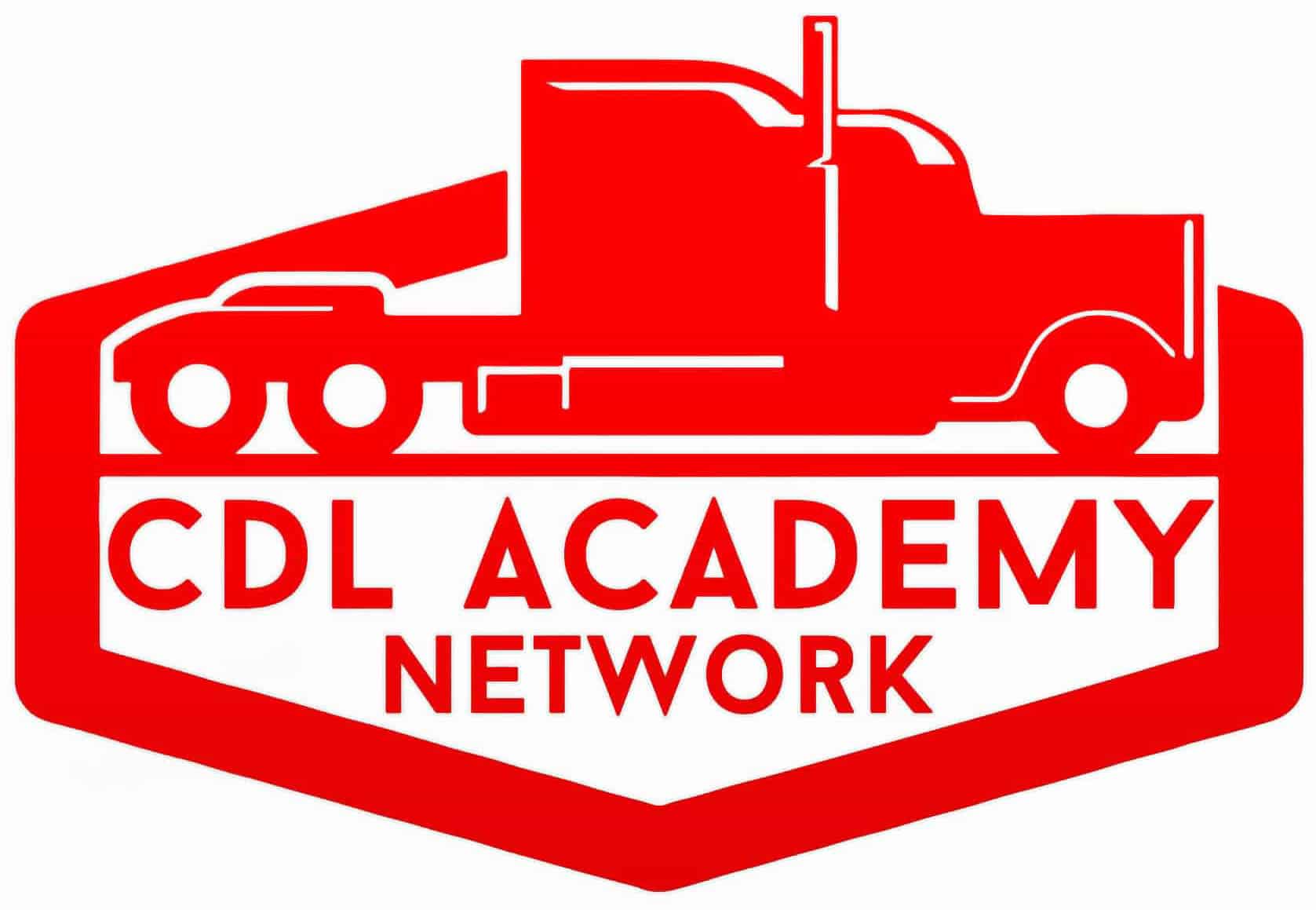Blockchain has the potential to solve the problems facing the transportation industry for decades, from dispute resolution to administrative efficiency to order tracking.
Some of these issues we need to explore.
- There are approximately $140 billion worth of disputes for payments in the transportation industry every day. It takes an average company 42 days to receive payment for an invoice. It is not uncommon for businesses to have millions of dollars in their accounts.
- The over-reliance on paper transactions has resulted in a 20% rise in processing and administration costs.
- Trucking companies with six trucks or fewer account for 90% of the industry. As a result, the shipping industry has trouble matching shippers with carriers. As a result, truck drivers drive 29 billion miles a year with partial or empty loads.
Transportation and logistics companies can save money and operate more efficiently with blockchain
A Blockchain-enabled platform will simplify document coordination on a distributed ledger, reducing the need for paper.
Customs clearance and approvals can be simplified through smart contracts, reducing customs processing times.
To make informed decisions, organizations need up-to-date, secure, and authentic data. As a result of the entire network contributing to the validation of data across the transportation and logistics ecosystem, blockchain ensures that data is trustworthy.
Traditional tracking technologies cannot scale as same-day and one-hour delivery services grow in popularity. In addition to providing a scalable, immediate way to track and authenticate orders, blockchain technology has many other benefits as well.
There is no doubt that blockchain will continue to have a significant impact on the transportation industry
Blockchain is being widely adopted in the transportation and logistics industry thanks to organizations such as BiTA. A majority of truck-related transactions in the U.S. are carried out by BiTA members.
Adapting to consumer needs and implementing new technologies that reduce shipping costs and increase efficiency determines the success of companies in the commercial transportation industry.
In the eyes of most business owners, blockchain is nothing more than a buzzword, and its applications are obscure and difficult to comprehend. Every industry is being revolutionized by this technology, and it has been all over the news.
What Is Blockchain and How Does It Work?
An intricate branch of mathematics known as cryptography is at the heart of blockchain technology.
Essentially, it’s a decentralized, shared digital ledger that relies on the consensus of a global peer network to function. In a digital ledger, encrypted “blocks” are linked together in a public “chain.”
A single block cannot be modified without modifying the entire chain and receiving consensus from all peers.
Performing malicious activities or falsifying data is therefore extremely difficult. Blockchains are pretty much permanent once they have been added. Blockchain technology is enabling companies across industries to streamline operations and improve client service.
Commercial transportation and trucking have been particularly active in implementing blockchain technologies. As a result of blockchain data authentication, the entire network is able to contribute and validate data, and it can no longer be tampered with. It is also possible to conserve goods being shipped by improving the reliability of tracking information. Temperature-controlled and refrigerated transportation, for example, depends on on-time delivery. It is only with the blockchain that this efficiency can be improved.


